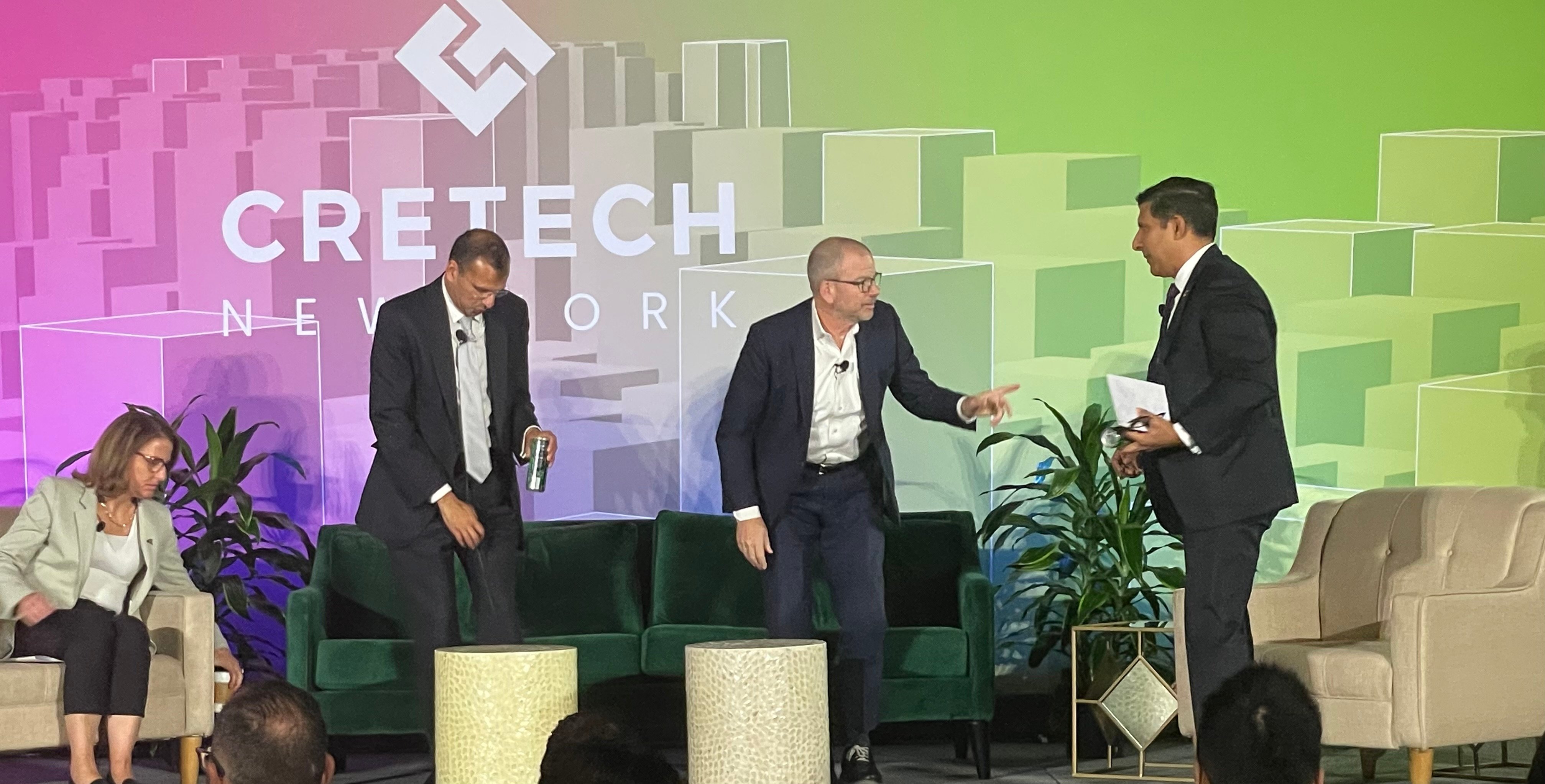Expansion of the Javits Center facilities was the first topic up for discussion. "The stadium debacle had a good, unintended consequence. It accentuated the need for development on the West Side and the need to go about it in a rational way," said former Bronx borough president Fernando Ferrer. Manhattan borough president C. Virginia Fields said her office had prepared a West Side vision study a few years ago that called for the expansion of the center, as well as the rezoning of the rail yards so affordable and market-housing projects could be encouraged. "Housing can be placed on the platform site," she said. City Council speaker Gifford Miller believes that the No. 7 subway expansion efforts should move forward. "Development on the West Side requires mass transit. Nobody arrived here today by subway." Miller is calling for the MTA to cancel its contract with the New York Jets for the development air rights of the West Side rail yards suggesting that the site be rebid for uses that will complement Lower Manhattan. "Mayor Bloomberg made the stadium a priority over Lower Manhattan."
Affordable housing was another issue the candidates tackled. Currently there is a five-year affordable housing initiative in place. "The vision was bold, but the outcome was not," Ferrer said. "We need to get aggressive about affordable housing." He suggested a change from the existing 80/20 program to a 60/20/20 one to "ensure levels of affordability." Fields said the "demand in not in sync with supply." Congressman Anthony Weiner said keys to further development in the city include "increasing the amount of land to be developed with the city taking leadership in brownfield disputes." He said they also need to "clean up the mess in the buildings department. We're in the stone ages compared to other cities." He said the city needs to put a comprehensive rezoning plan for the entire city into place. Building codes are currently a matter of debate for the city council. Ferrer said there needs to be a "careful balance between safety and putting us in a more competitive situation." Fields noted that the current 900-page plus building codes must be updated and revised in order to curtail rising construction costs and Miller said the city needs a code that "make sense" for New York City. Weiner said while "safety is imperative, there needs to be some level of consistency."
Want to continue reading?
Become a Free ALM Digital Reader.
Once you are an ALM Digital Member, you’ll receive:
- Breaking commercial real estate news and analysis, on-site and via our newsletters and custom alerts
- Educational webcasts, white papers, and ebooks from industry thought leaders
- Critical coverage of the property casualty insurance and financial advisory markets on our other ALM sites, PropertyCasualty360 and ThinkAdvisor
Already have an account? Sign In Now
*May exclude premium content© 2024 ALM Global, LLC, All Rights Reserved. Request academic re-use from www.copyright.com. All other uses, submit a request to [email protected]. For more information visit Asset & Logo Licensing.








